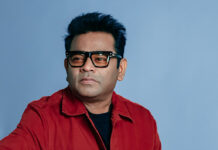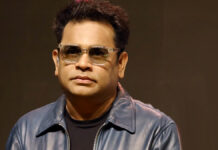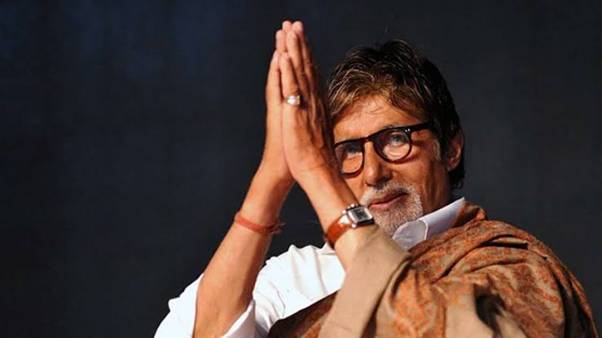By Surendra Bhatia
It is absolutely understandable that a section of activists, feeling and fearing that their voices on environment are not being heard, gather together in thousands in Aarey ‘forest’ in Bombay, protesting that no developmental work be undertaken, which would involve cutting of trees. In a democracy, it is their right, and ranged against the power of the state, perhaps, the only sensible way forward for them. But when Amitabh Bachchan offers, very obliquely, an opinion that runs counter to their stand, why would the same activists, assemble outside the film star’s bungalow at Juhu, protesting his right to an opinion? If the activists feel, the power of the state needs to be confronted by protests, why would they line up their canons against a single individual, demonstrating the same unfairness, of which they accuse the state?
The protests against Bachchan outside his house may or may not affect him much but it has seriously damaged the credibility of these activists. It has shown them up as bigots who can’t stomach an opinion that doesn’t toe their line, as ones who want to browbeat into silence a voice they disagree with. What kind of democracy is this? They ought to know, there are millions of Mumbaikars who agree with Bachchan… so will they organise protests in front of those million houses or is targeting of Bachchan special because he is a celebrity?
Democracy is widely misunderstood in India. Essentially, when a government is elected, it should be allowed to do its job till its five years are up. If unhappy with its performance, vote it out. This constant blocking of its path through activism and protests and then accusing the government of not functioning is quite unfair. Of course, activist-citizens have the right to protest against the state but when they try to physically intimidate voices of other citizens, they must be called out. Thousands of activists are not the only guardians of democracy, there are millions of other citizens who do a better job at elections. Let the activists first learn to listen to others before demanding that their own voices be heard.
































